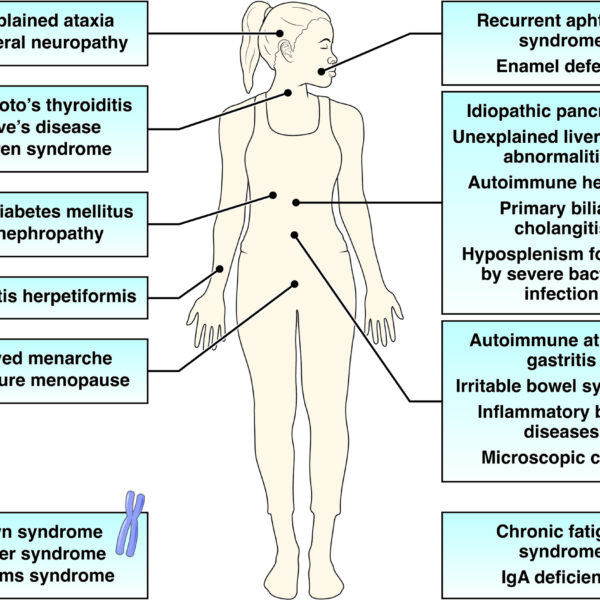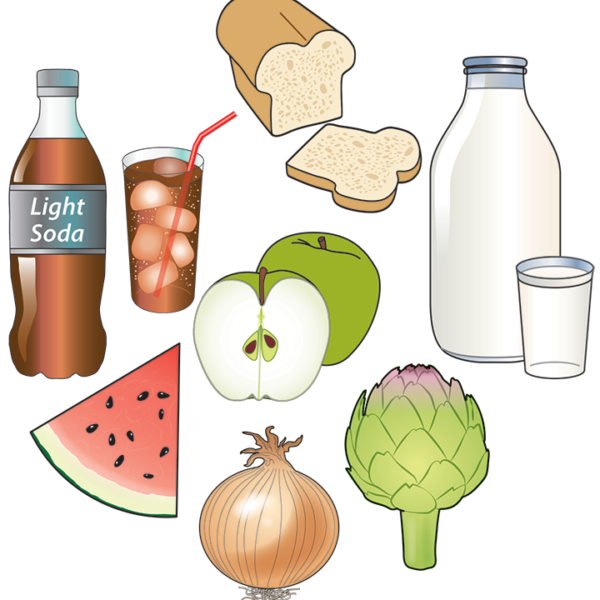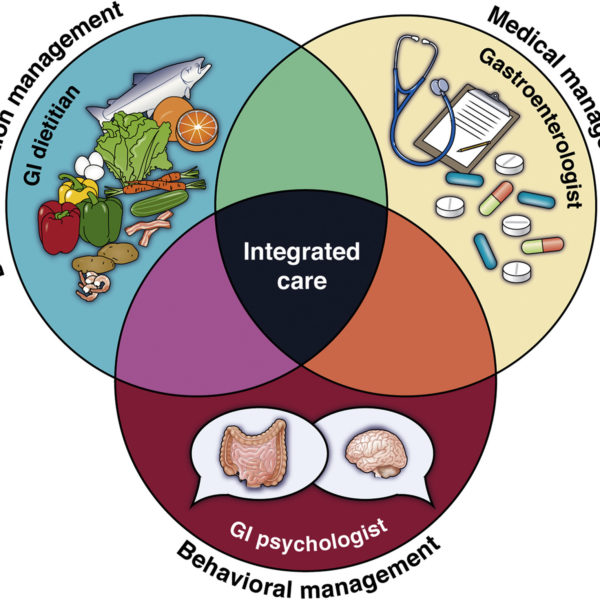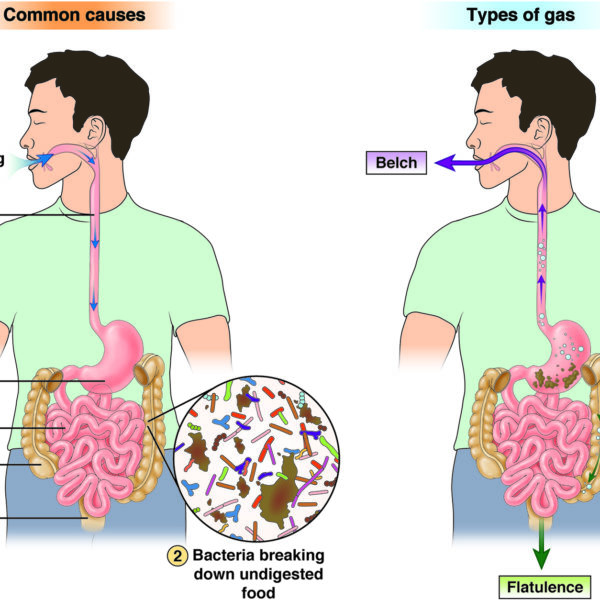
Celiac disease: Who should be tested
If you’ve been diagnosed with a condition related to celiac disease or have other risk factors, does that mean you should be tested for celiac disease?
Brought to you by the American Gastroenterological Association

If you’ve been diagnosed with a condition related to celiac disease or have other risk factors, does that mean you should be tested for celiac disease?
La intolerancia a la fructosaen la dietaocurrecuandosucuerpo no puede absorber la fructosa de lo que come o bebe.

La enfermedad celíaca es cuando una persona no puede consumir gluten. Algunos síntomas son gases, hinchazón y dolor de estómago, diarrea y estreñimiento.

A low-FODMAP diet is low in a group of five sugars found in certain foods, which cause some people to experience bloating, stomach swelling, stomach pain, nausea, diarrhea, and constipation.
Fructose intolerance happens when your body cannot absorb fructose from what you eat or drink.

Irritable bowel syndrome (IBS) is one of the common disorders of the large intestine. IBS symptoms can include stomach pain, diarrhea, stomach bloating, constipation and cramping.

Gas is when air builds up in your small intestine and large intestine. Flatulence is when gas passes through the rectum and belching, or burping, is when gas passes through the mouth.

Celiac disease is when a person can’t eat gluten. Some symptoms are gas, stomach bloating and pain, diarrhea and constipation.
4930 Del Ray Avenue
Bethesda, MD 20814
301-654-2055
This website uses cookies so that we can provide you with the best user experience possible. Cookie information is stored in your browser and performs functions such as recognising you when you return to our website and helping our team to understand which sections of the website you find most interesting and useful.
Strictly Necessary Cookie should be enabled at all times so that we can save your preferences for cookie settings.
If you disable this cookie, we will not be able to save your preferences. This means that every time you visit this website you will need to enable or disable cookies again.
This website uses Google Analytics to collect anonymous information such as the number of visitors to the site, and the most popular pages.
Keeping this cookie enabled helps us to improve our website.
Please enable Strictly Necessary Cookies first so that we can save your preferences!